Menu
Columns
Showing 3546 Columns
Showing 3546 Columns
December 18th, 2012
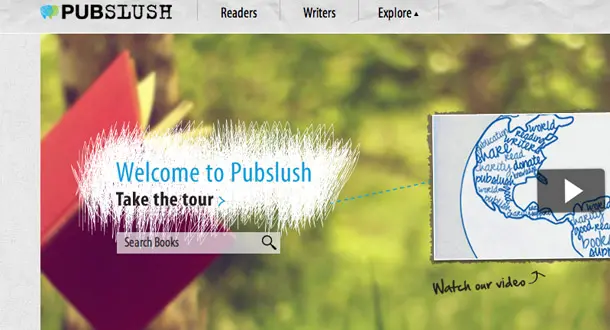
Authors have been turning to crowdfunding sites in droves to raise money for publishing projects. After all, things like editing, formatting, digital conversion, marketing, publicity, registration and distribution ain't cheap. And while the mainstay sites like Kickstarter and Indiegogo are certainly viable, it was only a matter of time before someone built a platform tailored directly to writers. Enter: Pubslush.
Read Column →December 17th, 2012
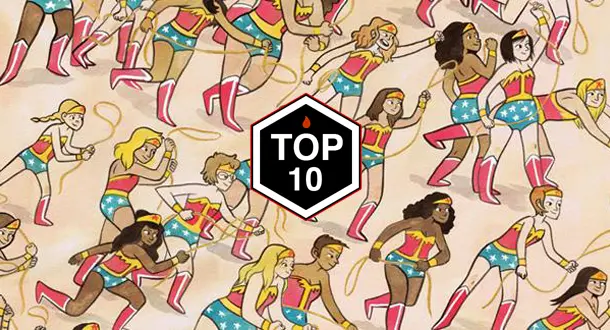
So you have some people on your list that love comics, but you don't want to put in the time required to figure out what they like and what they already have (I can hardly blame you, comics can be surprisingly difficult), so here are some more user friendly options sure to delight every fan on your list!
Read Column →December 17th, 2012
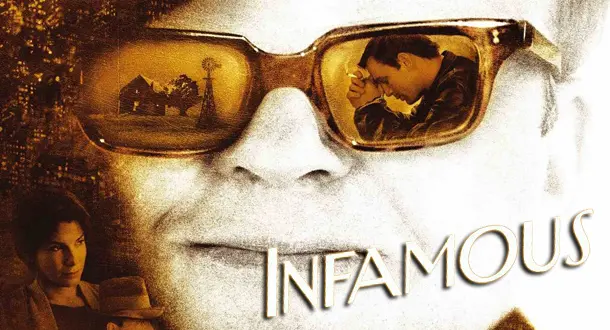
As literary types are all too fond of pointing out, writing and literature has been on something of a downslide in terms of the public eye lately. With the rise of mediums like film, television, and the plethora of content available for free at the click of a button on the Internet, the concept of slogging through a 200+ page novel doesn’t hold as much appeal as it used to.
Read Column →December 17th, 2012
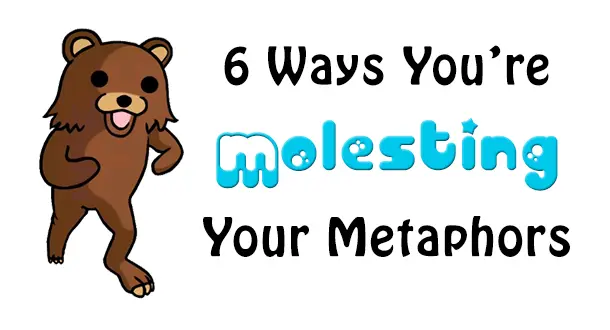
A good metaphor is an incantation that transports your reader to another world. A good metaphor is an antique key your grandfather gave you that fits perfectly into the lock on your story's meaning. A good metaphor is the smudge at the corner of Mona Lisa's lip that, in its willing disregard for direct truth, allows her smile to freeze, permanently at the edge of life. A good metaphor is a duck. Because ducks are awesome.
Read Column →December 14th, 2012
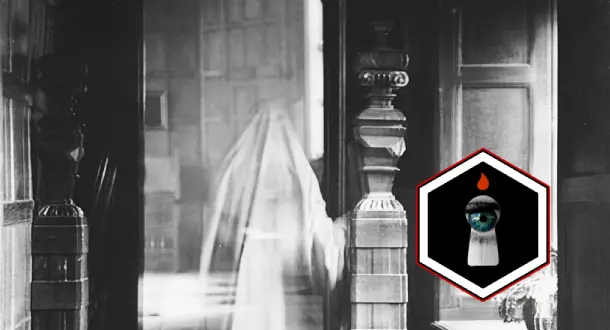
Header image via Wikipedia Commons LURID: vivid in shocking detail; sensational, horrible in savagery or violence, or, a guide to the merits of the kind of Bad Books you never want your co-workers to know you're reading. A sad tale's best for winter: I have one Of sprites…” — A Winter’s Tale
Read Column →December 14th, 2012
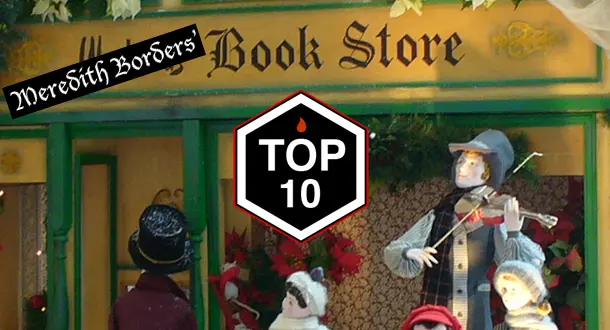
Last week I posted a list of the Top 10 gift items for bookworms this holiday season, and they’re all pretty good. However, in a perfect world, those might not be the very best gift items bookstores have to offer.
Read Column →December 13th, 2012
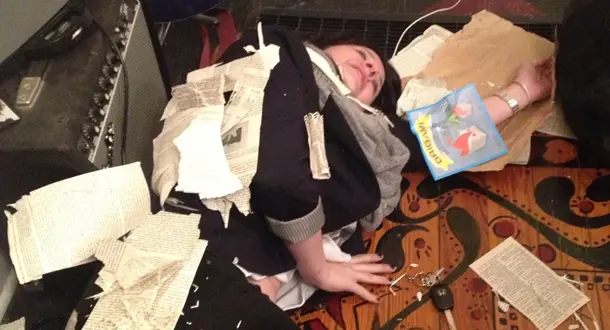
Your list of people to buy for is big but your budget is small. What’s a generous soul to do? You could try to re-gift the Fifty Shades Of Grey you won as a door prize at the swingers’ club or the Grieving For Dummies you were given after your last goldfish died. You could stalk Amazon’s lightning deals 'til the wee hours. Or you could create handmade book-related DIY gifts for your loved ones. The crafty route seemed like a sensible way to save a few dolla bills, so we fired up the glue guns, old books, and spray paint and got to work.
Read Column →December 13th, 2012

I know that a lot of people here at Lit Reactor tend to write dark stories. Whether those are horror, neo-noir, crime, fantasy, science fiction or literary stories, the desire to see how characters react to trauma, violence, and negative experiences is a normal one. It’s just more interesting to see how people deal with a bad day instead of a good one. But how do you write a positive, upbeat story without it being melodramatic? How can you focus on the light, instead of the dark?
Read Column →December 11th, 2012
Do you like vampires that poop spangly fairy dust and are apparently resistant to sunlight? Do you like barrel chested werewolves who are emotionally conflicted about being killing machines? Do you like sociopaths who are debonair charmers with 180 IQ’s that leave a calling card whenever they murder someone? Do you like “horror” novels that read like recycled Stephen King or Dean Koontz?
Read Column →December 10th, 2012

Whenever I get a new book, I give the thing a thorough once-over before I dive in. I check its teeth, kick its tires, and generally read every scrap of information that isn't the story proper. This includes author blurbs, the table of contents, and any introductions or forewards. Then I flip the book over to read the synopsis on the back cover. It makes me feel prepared, and gives me a frame of reference for the journey I'm about to embark on. I even check out the author photo, to give a current face to the name.
Read Column →Submitting your manuscript?
Professional editors help your manuscript stand out for the right reasons.
